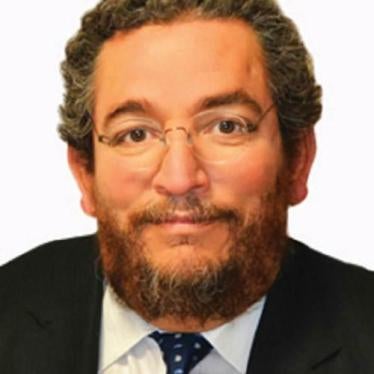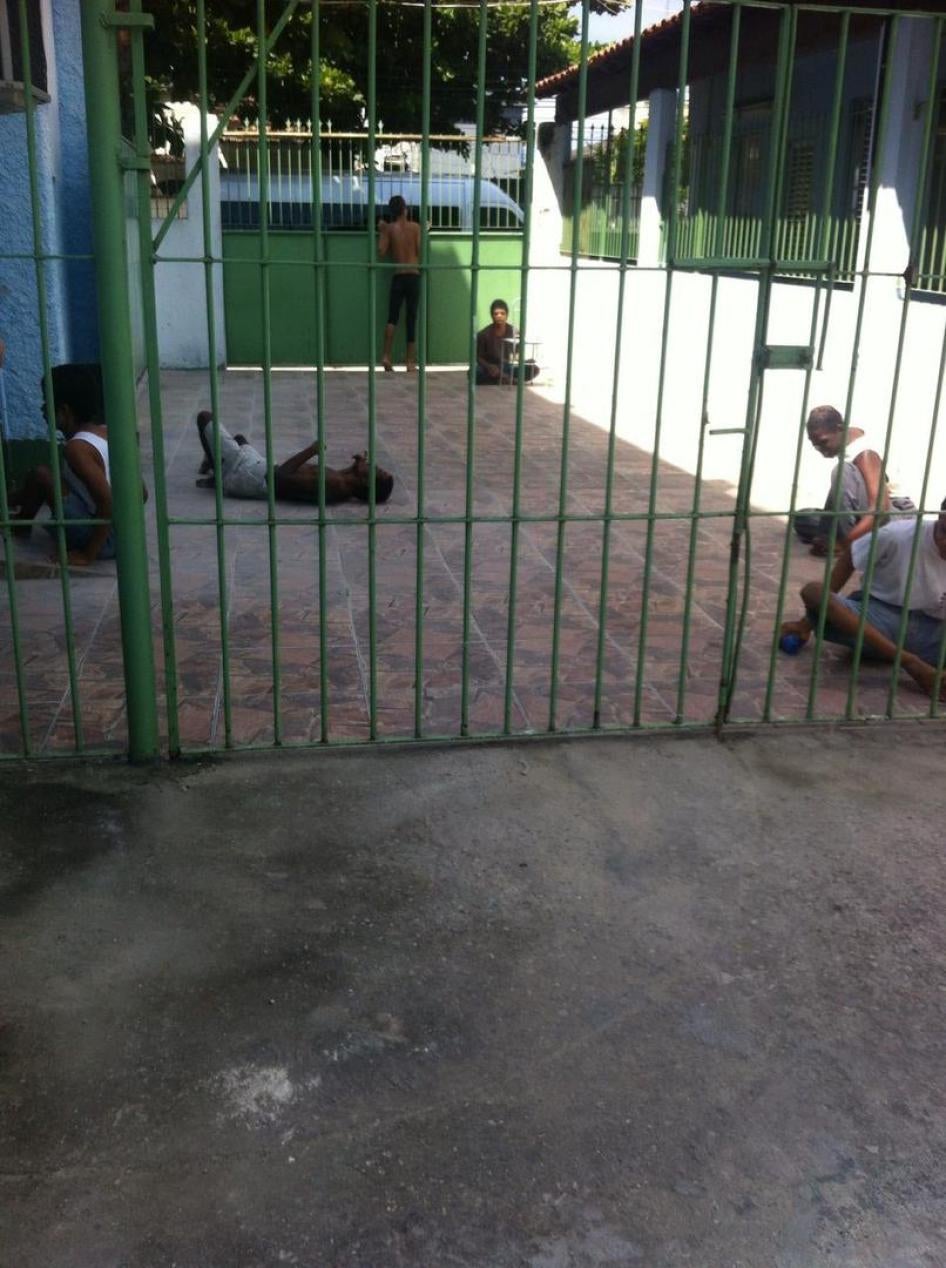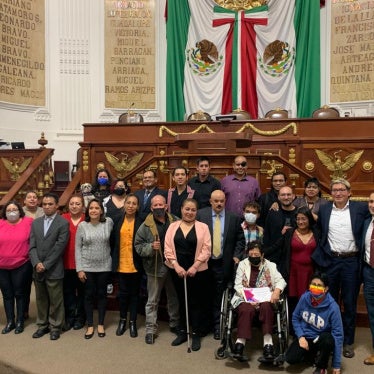The Brazilian federal government unveiled its new human rights plan for the estimate 18 million people with disabilities in Brazil. But the plan, New “Living without Limits”, leaves out the thousands of people with disabilities who are living in institutions.
In early September, aware that the plan would soon be presented, researchers from Human Rights Watch held meetings with public officials from the National Secretariat for People with Disabilities and from the presidency. We hoped they would address our findings about the neglect of people with disabilities who live in institutions in Brazil.
Between 2016 and 2018, Human Rights Watch visited various institutions for people with disabilities in the states of São Paulo, Rio de Janeiro, Bahia, and in the Federal District. We found that thousands of people with disabilities live in institutions, many of them from childhood, with serious violations of their fundamental rights. They frequently faced isolation, denial of education, restrictions on their decision-making rights, physical -- and often chemical – restraints, as well as the generalized impoverishment of their lives.
The original plan “Living without Limits,” unveiled in 2011, contemplated the creation of inclusive residences to ensure that people with disabilities could live in the community. In its 2018 report, Human Rights Watch notes that these residences are a positive step compared with large institutions, some of which hold hundreds of people.
However, these inclusive residences share many of the problematic aspects of large institutions, including that residents are not allowed to exercise control over their lives and their day-to-day decisions.
Most people with disabilities living in inclusive residences are under guardianship, with their legal capacity restricted, and their daily existence completely regulated by the staff of these institutions.
Many are not allowed to make simple everyday choices that most people take for granted, such as what time they want to get out of bed, what activities to participate in, who to socialize with, and, in general, the life they want to lead. Some of the inclusive residences allow slightly more autonomy than others allowing residents to go out by themselves.
But the common denominator is that people do not have the option to decide whether they want to be there or not, because there are no alternatives for them to live independently and be included in the community, one of the basic rights established by international human rights law applicable in Brazil.
The new “Living without Limits” plan does not even acknowledge the existence of these people, suggesting they are simply not on the public policy agenda being developed by President Lula da Silva’s administration.
When Human Rights Watch visited Brazil in September, we re-interviewed people we had met in 2016, including one woman with a physical disability who lived in a large institution that was turned into an inclusive residence.
This time around, she could not speak freely with us because a member of the institution's staff was always present. When we asked for her consent for the interview, staff prohibited us, saying that she did not have the autonomy to decide on such a matter and that a judicial order would be needed, as she was under guardianship.
The Brazilian government has made the commitment “not only to provide goods and services but also to combat discrimination and systemic violence against people with disabilities” and uphold their human rights. Its failure to make explicit reference to people living in institutions and to provide for concrete actions to support them with services in the community is inconsistent with that commitment.
It is even more disappointing that the government would continue its misguided approach of reliance on so-called inclusive residences without conducting a systematic evaluation of the model in the places where it is being carried out.
The Committee on the Rights of Persons with Disabilities, the body responsible for authoritative interpretation of the rights set forth in the United Nations disability treaty, has repeatedly called on countries that have ratified this treaty, including Brazil, to refrain from constructing new institutions and to create plans for deinstitutionalization.
It is never too late for Brazil to add this component to its plan. As a start, the government should evaluate the residences that have been created and make changes in admissions policies to make sure that people who live there want to be there.
They should revise the way these residences are organized so that people there will have more choices about their daily schedules and activities. And these residences retrain staff to support, not control, the residents.
The next step would be to create a new model for independent community living so that people in these residences can make the transition and so that people now in institutions will be able to move into the inclusive residences. The new plan is only a start, and the Lula administration should not stop there.
*A version of this article was published in Correio Braziliense.










